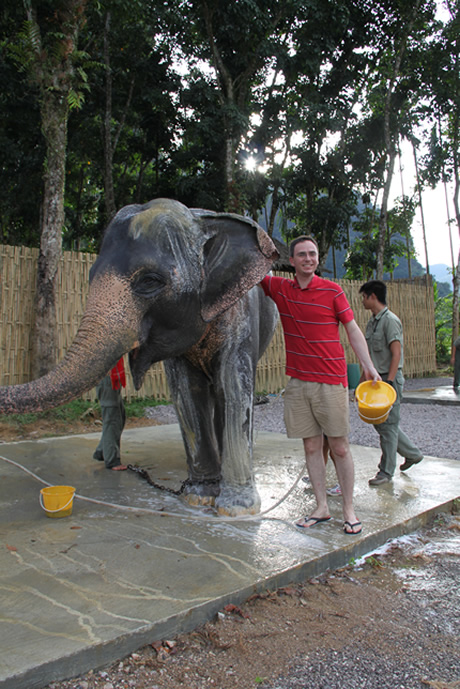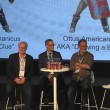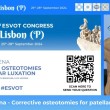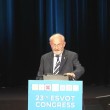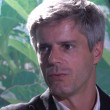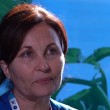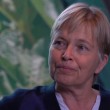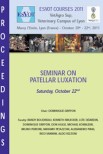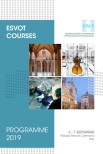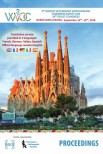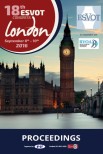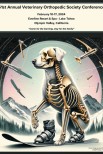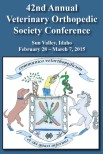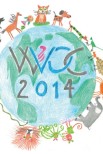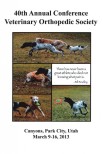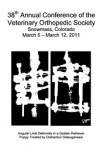Denis Verwilghen DVM, MSc, PhD, DES, Dipl ECVS
Associate Professor in Large Animal Surgery
Faculty of Health and Medical Sciences
University of Copenhagen
The beautiful town of Ghent in Belgium, that were i graduated in 2003, not without struggle I must admit but it eventually happened. After this I went out in the open world, got my first job as an equine only vet in a practice in sunny Cork, Ireland which was soon replaced by one in the north of the Netherlands. General practice frustrated me intensively and I quickly came to the realisation i¹d rather know a lot about a little than a little about a lot, I wanted to specialise. One thing lead to another and I found a recency place in Liege, Belgium where I ended up staying for about seven years, finalising my ECVS certification, a master of science and a PhD. I was then offered a position as head of surgery at Uppsala university in Sweden before i decided to move back to Belgium and offer my services as a private consultant for about 2 years. Recently I have moved back to academia and as an associate professor joined the surgery team of the large animal sciences department of the university of Copenhagen in Denmark.
G.S-S. When did you realise that you wanted to be a veterinarian?
D.V.. Actually I have no idea, it seems like it just has happened. I have been infected by the equine virus around the age of 8 I believe. Mostly because I was lousy at playing tennis or football. But anyway I found a great passion in this sport to which at a later age I competed in 2 in a hand driving at quit a good level. Being a vet then just flowed out of that I believe. What I know for sure is that i always wanted to be an equine vet. I have never had any interest what so ever in treating small animals. That idea has been clear all along.
G.S-S. What or who guided you to specialise in Orthopaedics?
D,V..The equine world goes with a great passion for orthopaedics I must say. Most of our works lays in the field of lameness investigation. But when it come sot pure surgery, I must admit my case load has probably always been more soft tissue oriented. I am however more an Orthopaedic researcher. I hold a PhD in equine orthopaedics and am still engaged in equine and multispecies orthopaedic research projects. However, my main area of interest lately has been multidisciplinary. A fe years ago whilst guiding a master students project into hand hygiene I came to the realisation that the field of basic surgery in veterinary medicine was largely under explored. Whatever we do, be it orthopaedics or soft tissue the principles of surgery remain the same. When in 2009 I discovered only 8% of surgery specialist were following the current WHO recommendations on pre surgical hand preparation I was shocked. I realised that there was work to do in that field. Succes quickly becomes the enemy of excellence.
Particularly in areas where the impact is difficult to measure or experience, like is adherence to proper Halstead techniques. The compliance to current described basic protocols for surgical preparation is low as has been largely documented in human medicine and recently also in veterinary. As you know SSI is a burden for what we do, particularly in orthopaedic surgery involving implants. In human medicine it is even believed that SSI rates could be halved with correct application of what is currently known instead of developing new methods. Aldo has further inspired me to continue in that path considering his own experience with a burst of SSI in his practice and him tracing the origin back to improper hand-hygiene of one of his staff. Research and education in this field has now become one of my priorities, although it remains a difficult subject to promote. Hopefully the ESVOT will join this search to excellence.
